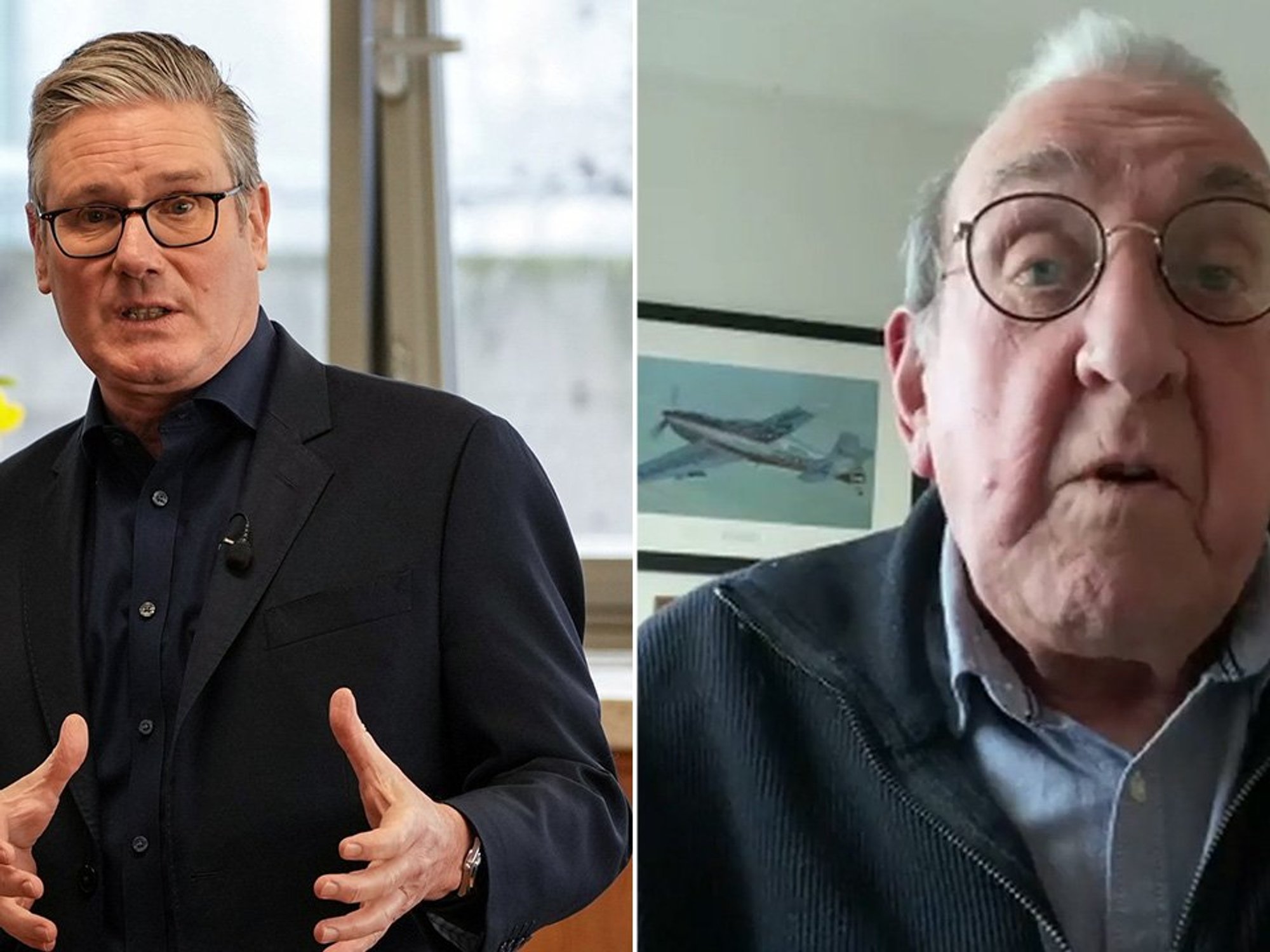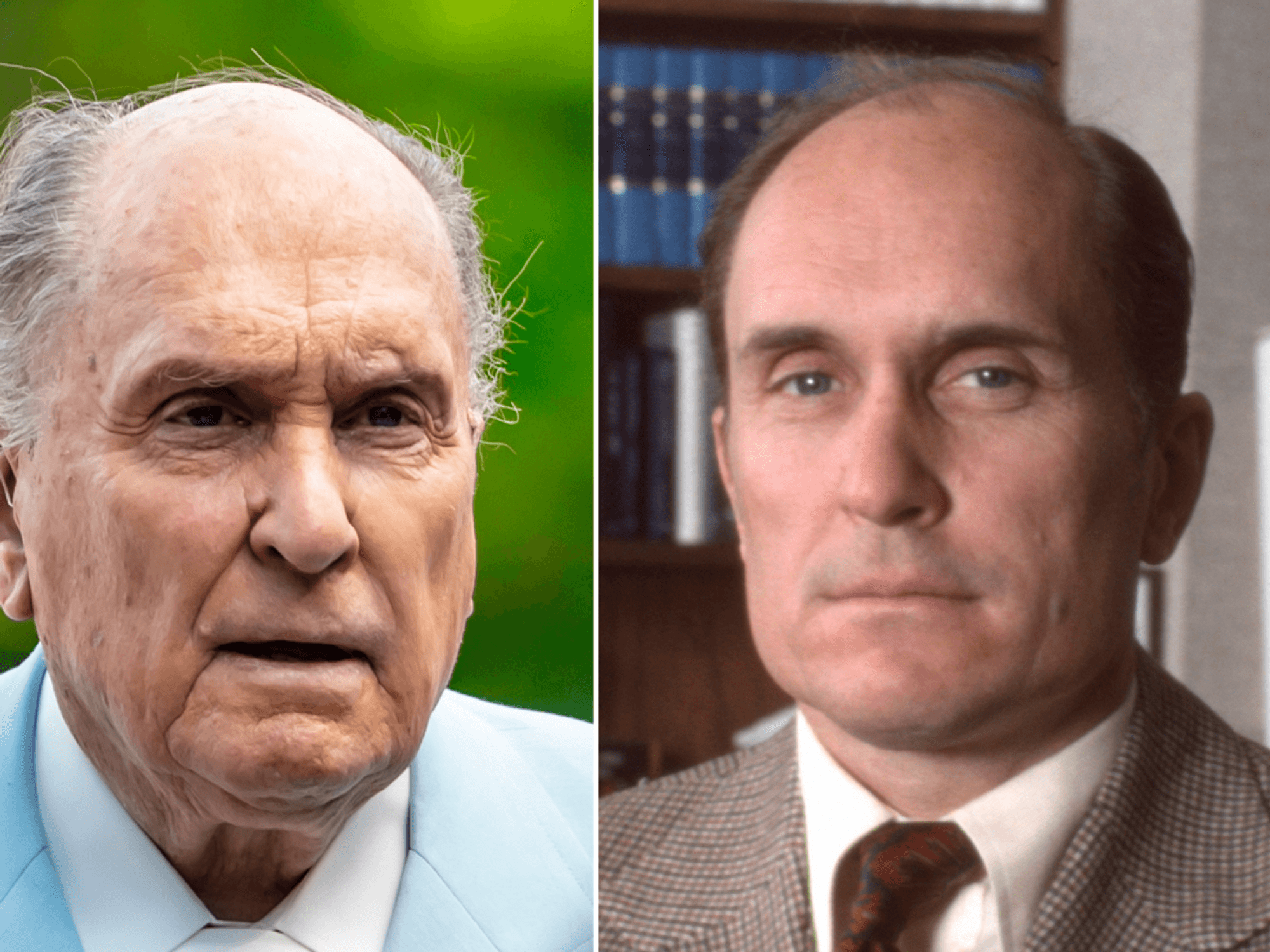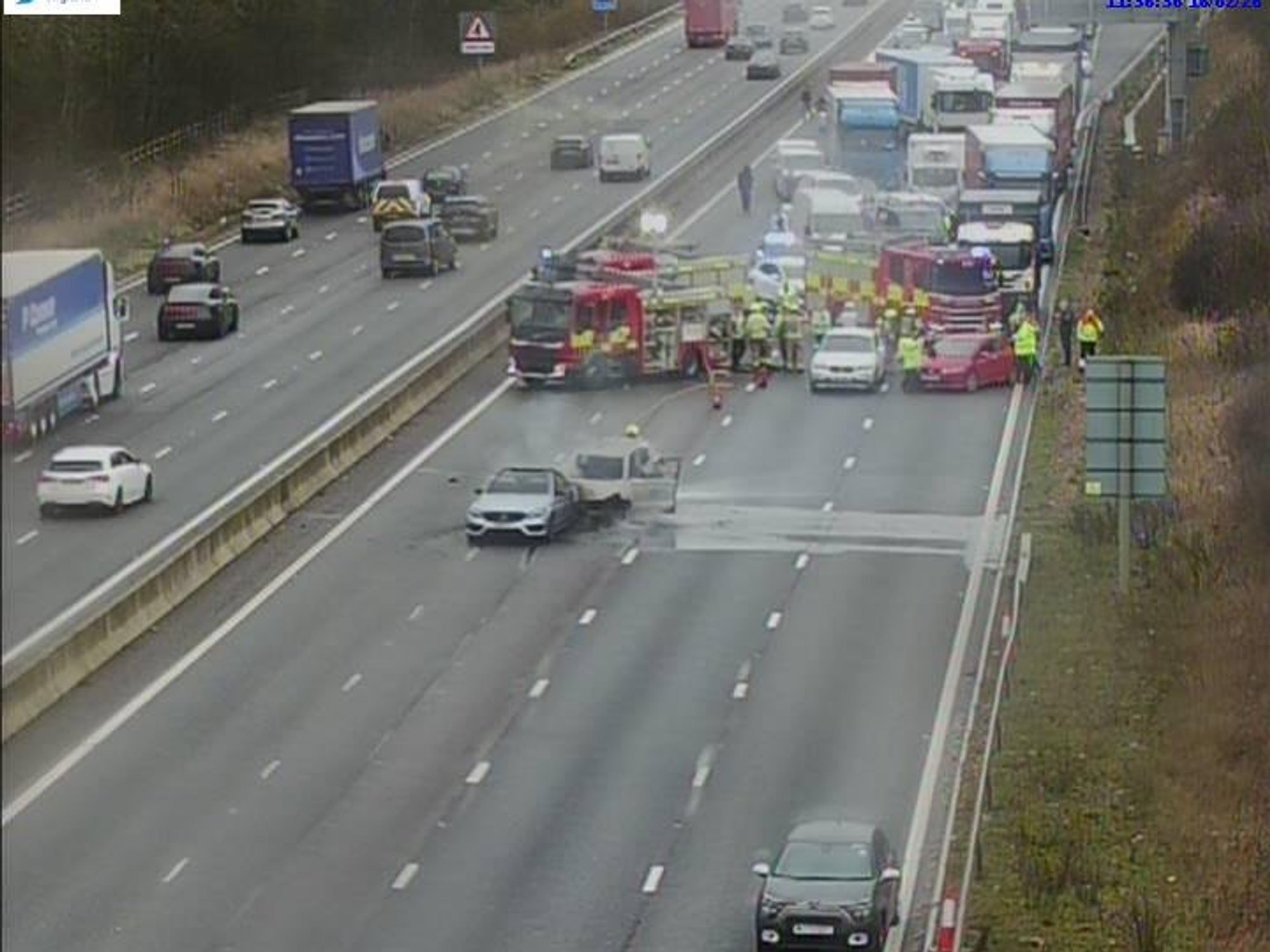Martin Lewis gives his analysis of Reeves' pensioner fuel allowance cut... and it's not good
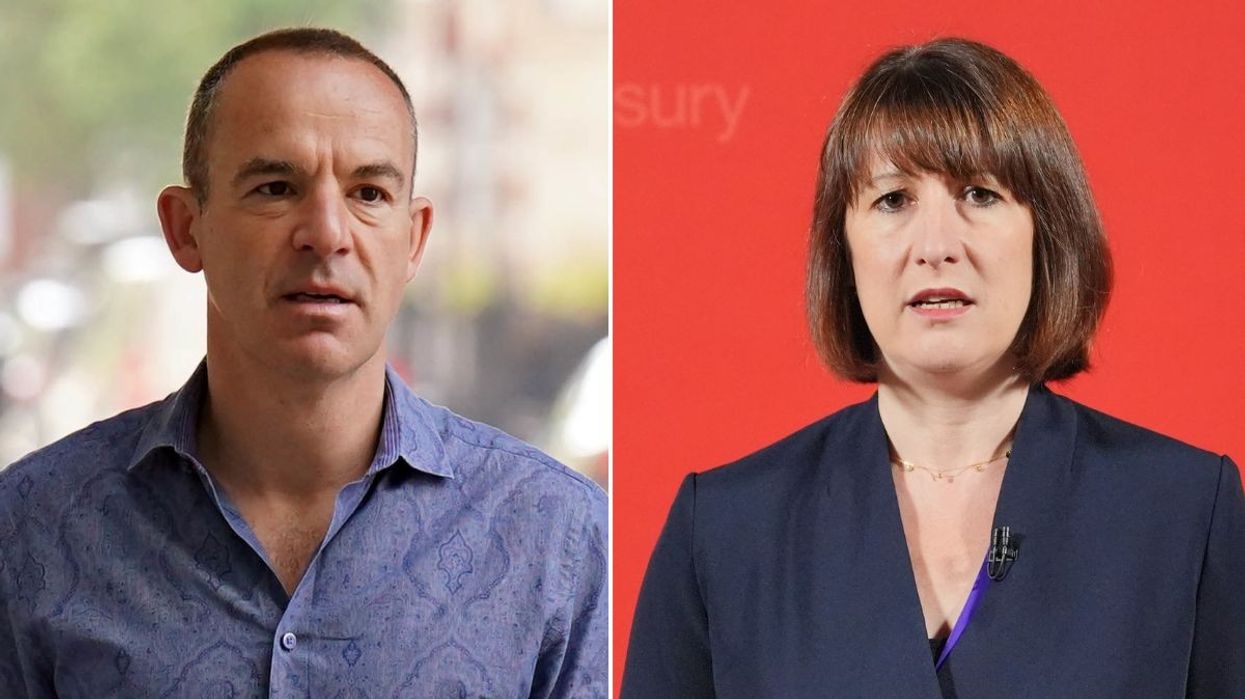
Chancellor of the Exchequer Rachel Reeves announced Winter Fuel Payments will no longer be universal this year
|PA/ Getty
Thousands of pensioners will lose up to £300 in energy bill support under the Chancellor's plan for the economy
Don't Miss
Most Read
Latest
Rachel Reeves is set to scrap Winter Fuel Payments for pensioners this winter in a blow to older households.
The energy bill support will be restricted to those on benefits and Pension Credit leaving millions of retirees worse off.
Personal finance guru Martin Lewis slammed the Chancellor's announcement describing it as "too narrow with the winter we have coming."
The founder of MoneySavingExpert.com said: "Pensioners were already due to get less as this will be the first time since winter 2022 they haven’t got the up to £300 extra winter fuel cost of living top-up.
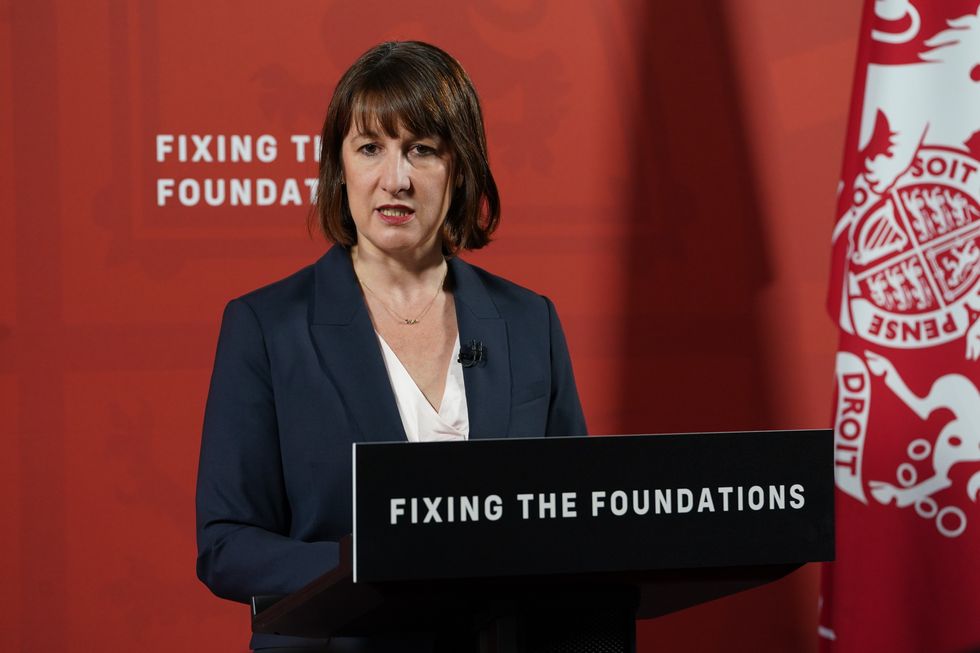
Chancellor Rachel Reeves said it was “fair and right” to withhold the payment from millions of pensioners
|Getty
"The Energy Price Cap is likely to rise 10 per cent this October and stay high across the winter, leaving most energy bills nearly double those pre-crisis, at levels unaffordable for millions."
Until now, Winter Fuel Payments worth up to £300 were available to everyone above the State Pension age in the UK, but this will change this winter.
Lewis continued: "Many pensioners eke out the £100 to £300 Winter Fuel Payments to allow them to keep some heating on through the cold months.
"While there's an argument for ending its universality due to tight national finances, it's being squeezed to too narrow a group – just those on benefits and Pension Credit."
"With this announcement, the Government has a huge moral imperative to ensure the 800,000 people eligible for Pension Credit who don't get it, are informed, educated and helped through the process.
"Pension Credit is a crucial gateway benefit, giving access to a host of other entitlements, and now with the link to the Winter Fuel Payment, it makes it even more important to ensure fewer miss out," Lewis continued.
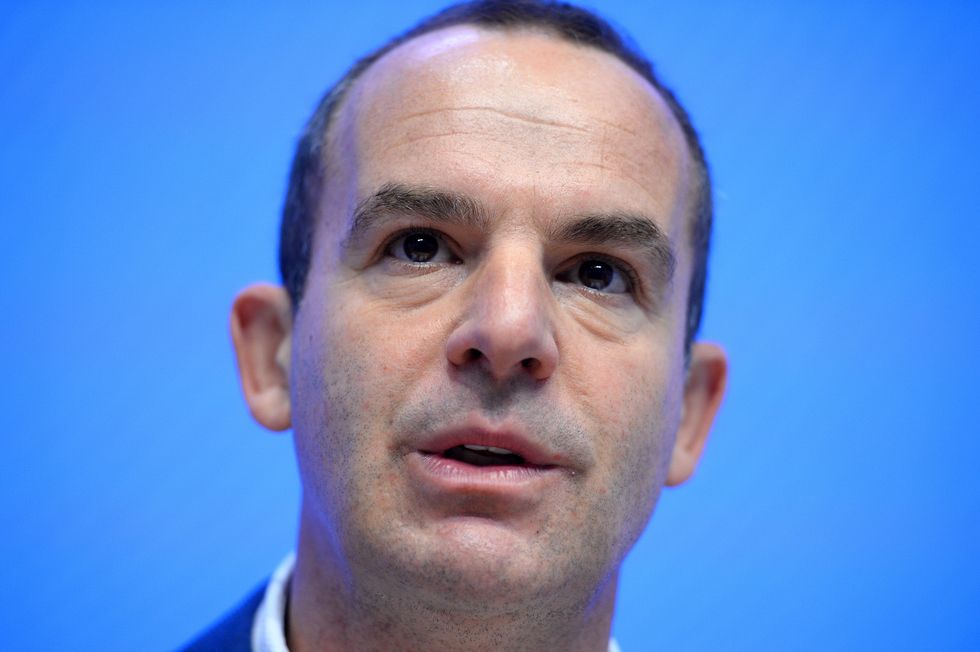
Martin Lewis said the cuts are being "squeezed to too narrow a group" following the chancellor's announcement
| PAWhile these restrictions apply to pensioners in England and Wales, the conditions could vary in Northern Ireland and Scotland.
In Scotland, the government previously announced it would replace Winter Fuel payments with the Pension Age Winter Heating Payment scheme.
LATEST FROM MEMBERSHIP:
This new payment is set to be worth up to £300 and would be paid to everyone over the State Pension age.
But, now the Scottish Government are examining the Chancellor's statement and what this will mean for pensioners in Scotland.
A spokesperson for the Scottish Government said: “The full implications of the Chancellor’s statement are being examined, however, it’s understood means-testing Winter Fuel Payments will reduce the funding given to the Scottish Government associated with our planned replacement Pension Age Winter Heating Payment."
In Northern Ireland, the Winter Fuel Payment has so far been available to everyone above the State Pension age but now the Northern Irish Government will need to examine what the announcement means for the country.
The Winter Fuel Payment was introduced by Labour in 1997 when Gordon Brown was Chancellor.
Charities have spoken out against the Chancellor's decision warning that two million pensioners on low incomes could be hit the hardest.
Age UK has estimated more than 800,000 older people living on under £218.25 a week for single pensioners and under £332.95 for couples are already missing out on pension credit and will now lose more money that currently helps to pay energy bills.
It also said that one million pensioners, whose weekly incomes are less than £50 above the poverty line, will be hit hardest by the cut.
Treasury Secretary James Murray also told GB News the government would need to make more "difficult decisions" following the pensioner fuel allowance cut.
Murray said: "I want to be really honest with you and say that that decision about the winter fuel payment was a really difficult one. It's not one any of us wanted to take. It's not one the Chancellor was expecting to take coming into office.
"But having sound finances, being fiscally responsible, having economic stability, is not an optional extra for us. It's at the heart of what we want to do in government, and that's why we're having to take difficult decisions.
"This is not going to be the last difficult decision we're going to have to take to get the public finances back under control."





